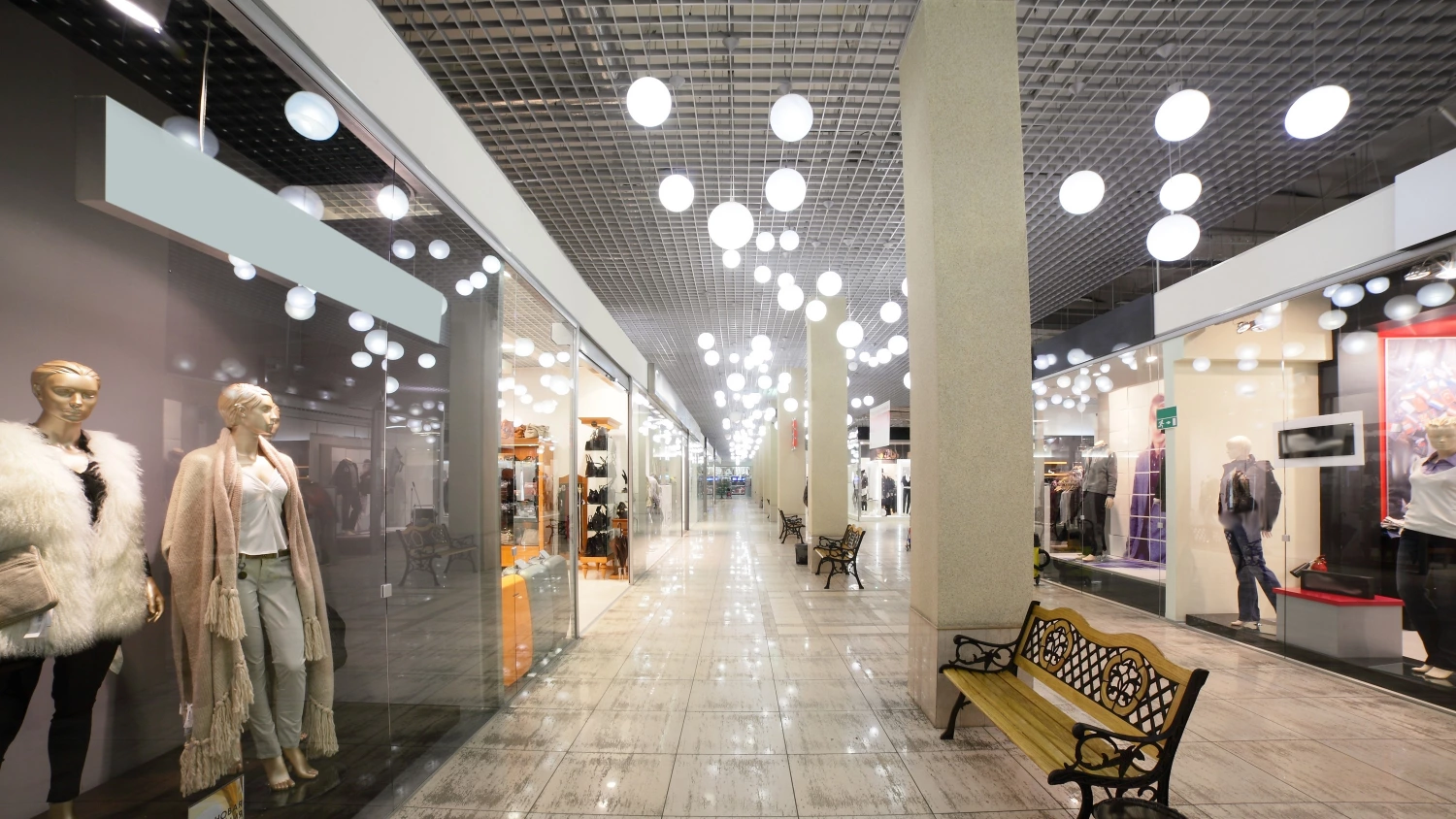
The two months of isolation and the situation still fragile regarding the danger of infection with the Covid-19 virus will mark their way into the consumption behavior of Romanians, as they will be tempted to choose more outdoor activities and spending their holidays in Romania, according to a study conducted by the real estate consulting company Cushman & Wakefield Echinox and the research company MKOR Consulting.
With the lifting of restrictions, a process that takes place gradually, starting with May 15, the main activities that Romanians want to do more often are walks in the park (32%), spending holidays in Romania (26%) and outdoor sports activities (25%), followed by attending cultural events (17%), workouts at the gym (15%) and visits to children's playgrounds (14%).
On the other hand, the main activities that will be performed less often are related to going out to have dinner at the mall (53%), travelling abroad (45%) and going to the cinema (45%), according to a survey conducted on 600 respondents from all counties of the country. The survey was conducted between 14-18 May 2020 and most of the answers came from people living in Bucharest - Ilfov (45%), Prahova (7%), Constanta (4%), Cluj, Iasi, Timis, Brasov and Galati (3% each).
Although Romanians are big consumers of shopping centres, with 30% of respondents declaring that they used to go to the mall to eat there at least once a week, while 18% visited the malls at least once a week to buy clothes, their behaviour will change at least on the short term, given the tendency to avoid crowded spaces and the economic constraints. In addition, the period spent in isolation mostly at home has increased the share of consumers which are familiar with the online commerce, and retailers in this category will seek to keep their customers and market share.
Purchases of electronic and household appliances and home and garden items are more "protected", as consumers seek to upgrade their devices to stay connected and have more options for indoor leisure, but also to improve the comfort of their own homes, in case new travel restrictions are imposed.
Bogdan Marcu, Partner, Retail Agency, Cushman & Wakefield Echinox: "After three months of restrictions, in which the main topic of discussion on the public agenda was the evolution of the COVID-19 pandemic and measures to limit the spread of the virus, the reluctancy to physical retail is normal to exist, because it involves direct contact with strangers outside the restrained circle. However, as people will adapt to the new normality and the medical situation is better managed, we are convinced that the instincts to socialize and experiment will prevail, and people will mostly resume their old habits. It is reasonable to consider that the number of visitors to shopping centres will decrease, but we expect an increase in the number of products and of the average consumption receipt at each shopping visit. Despite the fact that many of the purchases during this period were performed online, we are confident that people will embrace the reopening of shopping centres both for the shopping experience and for the many social activities that shopping centres offer, things that can hardly be found on the monitor of a device, regardless of its size.”
The stores considered non-essential within the shopping centres in Romania suspended their activity at the end of March, a process that affected over 9,000 commercial units. Starting with June 1, the stores located in shopping centres with an area of less than 15,000 square meters, as well as those with direct access from the outside, resumed their activity, and from June 15 it was announced the reopening of stores located in projects with over 15,000 square meters, while the activity of restaurants and playgrounds still being further restricted.



